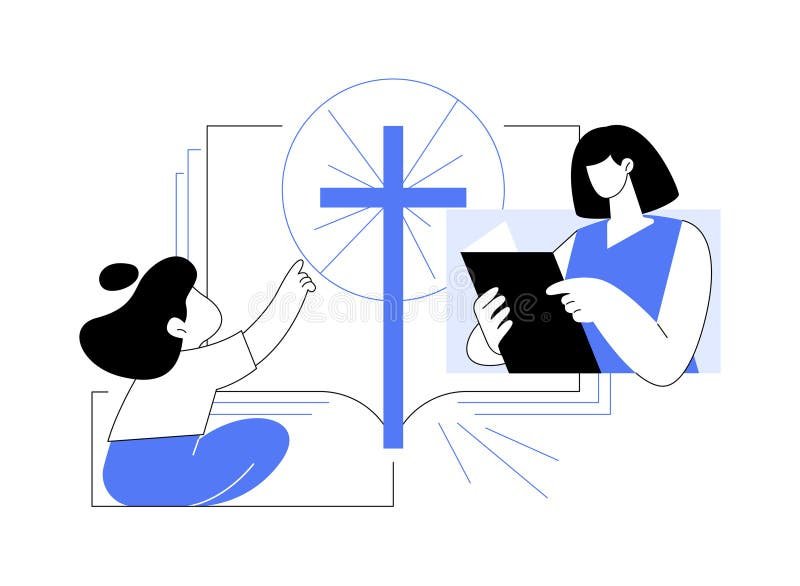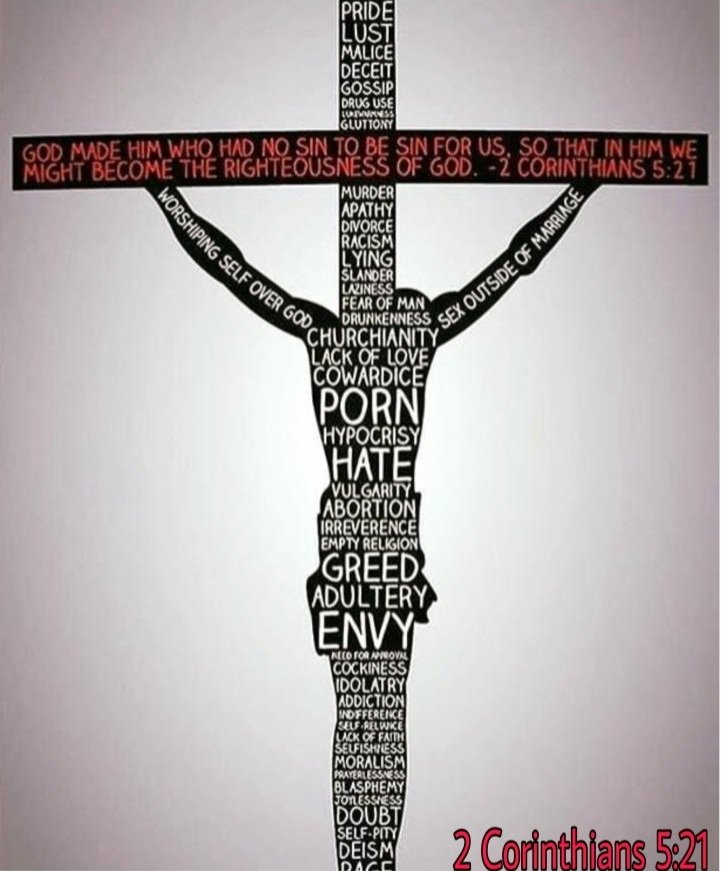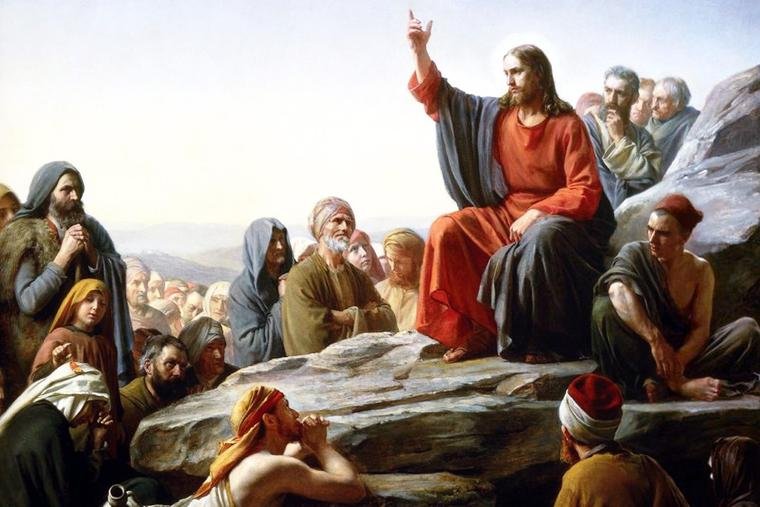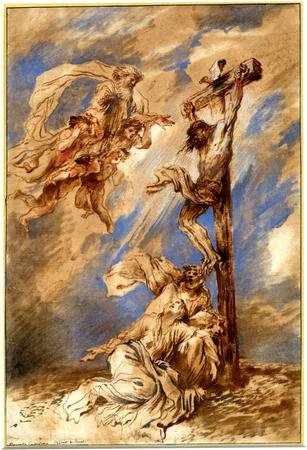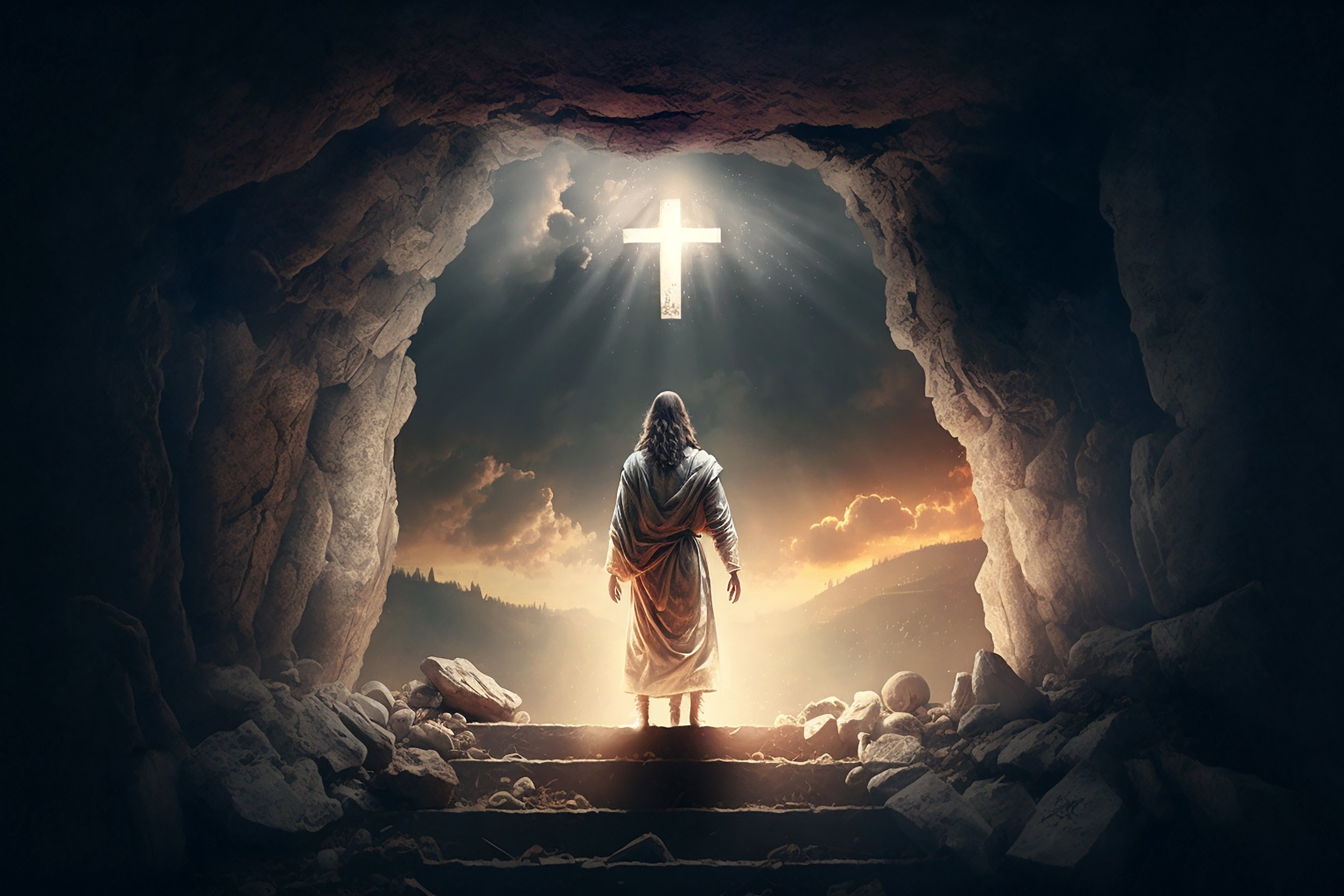Gary Schick
Yup
Jonathan Hernandez
That's a huge testimony. That's a part of our testimony that we can tell people, "God did this for me." You know, for me and my life, when I really allowed God to speak into my life, the Holy Spirit just really helped lead me to the front of the church, to give my life to Christ. That was a big place in my life, and I remember that. I can drive by the church and say, "in that church is where God really took ahold of me, and I was able to actually start listening to Him." You know before, I was just like, "meh, I don't know. No, I don't know." And so, what has God done in our lives? And we can see that and say, okay, here's an altar in that sense; what God has done for us. I guess we don't see us building something miraculous and then naming it, at least not in my life. I haven't done that. But I mean, we could look at a few different things. The church as an alter. This is a place, if we think about the alters, there's places in the Old Testament where they---Moses led the people through the Red Sea, and at the end they sung praises. They had that whole song that they sang, and this is what they're doing. They're really singing to the Lord, worshiping Him for what He just did in their lives. In church, we sing songs of worship in places of remembrance of what God has done, and we pour our hearts out to Him. And like I said in the earlier one, it would've been more of a personal altar, something that God has done personally for us or has led us out of a situation or through a situation. And the same thing, we would sing phrases to Him or we would give thanksgiving to Him. And you know, those are amazing places where we can just really reflect on what God has done. Communion would be another one. A place of remembrance, right? Of what He's done for us. Yeah, that's kind of that place of worship. And that's another one we could say, that's kind of an altar type of thing that we go back and remember what He's done and then we worship Him through that. So I say, we kind of still do some of it, maybe not to that level that we see in the Old Testament, I guess.
Gary Schick
And it's really not commanded in scripture, it's just something they did. They built an altar, at the point of Bethel, poured some oil over a stone. Said this is Beth El, which means House of God, because God appeared. And they also did it to some degree as a nation. And by the way, we do it too. We put up statues and commemorative monuments all over the place as historical markers. Where battles have been fought and won, where different things have happened; where 9/11 happened. I mean, we mark places as a nation, that's just something people do. But in terms of spiritual markers and pillars, I guess when I read that question, immediately what came to mind, it's kind of an older book now, but I think it's just as relevant as ever. So if people are not familiar with it, I would really like to kind of point you in the direction of the book called, "Experiencing God." I don't know if they even have copies over at our local Christian bookstore or not. I know at one point, it was all over the place. You know, it's funny how as a culture we kind of, "oh, this is the book like The Prayer of Jabez," which was a great book. And then after a while, "oh okay, we did that and it's gone." Well no, if there was truth there, then maybe we need to take note of some of those things. So anyway, Blackaby wrote this great book called, Experiencing God. And in it he talks about how we can discern God's will in our lives through what God says in His word. Through moments in prayer, through the encouragement and guidances of others. And he has a chapter in there talking about how God uses our circumstances and our life experiences. And in that chapter, he talks about physical markers of spiritual encounters. And actually, I just want to read a little paragraph out of that. He writes, "when Israel crossed the Jordan River into the Promised Land, God gave Joshua the following instructions: Choose 12 men from the people, one man from each tribe and command them. Take 12 stones from this place in the middle of the Jordan where the priest's feet are standing. Carry them with you and set them down at the place where you spend the night, Joshua 4:2-3. These stones were to serve as a monument to the Israelites. Joshua explains, 'this will be a sign among you in the future. When your children ask you, 'what do these stones mean to you?' You should tell them, 'the waters of the Jordan were cut off in front of the Ark of the Lord's covenant. When it crossed the Jordan, the Jordan's waters were cut off. Therefore, these stones will always be a memorial for the Israelites,' Joshua 4:6-7." And then Blackaby goes on and says, "the stones were to be a visible reminder of God's mighty act in providing for His people in Old Testament times. Others also built altars or set up stones as significant encounters with God." And he notes Noah in Genesis 6-8, Abraham in Genesis 12 & 13, Isaac in Genesis 26, Jacob---as we are pointing out---in Genesis 28 & 35, Moses in Exodus 17 & 24, Joshua in Joshua 3-4, Gideon in Judges 6, Samuel in 1 Samuel 7. Places like Bethel, which you talked about (House of God). Rehoboth, which means room, because God made room for His people. These became reminders of God's activity in the midst of His people. Blackaby writes, "Moses named an altar, The Lord is my Banner. And Samuel named a stone Ebenezer saying, 'thus far the Lord has helped us.' 1 Samuel 7:12; then Blackaby notes, "These altars and stones were physical markers of great spiritual encounters with God. They provided opportunities for parents to teach their children about God's activity on behalf of His people." So notice, these are all in the Old Testament. So it seems to stop there, but I'll tell you what: there's one final marker in the Bible. It's the cross of Calvary. There is one final marker where God meets with mankind in the ultimate way and pays the price for our sin. The last, the final altar is Jesus on that cross and then coming out of the empty tomb. So those are markers for us. And then I love how you pointed out; our conversion is a point. And Blackaby goes on and talks about these in our own lives as points of transition, decision, or direction where we clearly see God guiding us. And so listeners, maybe we're not building a pillar, so to speak, or a monument, but this can be, I think, a healthy exercise in looking at how God works in your life. So take a look back. What are the moments when those crossroad moments, like when Jacob was at Bethel or when you encountered Christ at his cross, where he saved you? Where He's directed you, where He's provided for you, where He's guided you. Maybe you're at a crossroads right now, and looking back at how God has worked before. It can both encourage you, and you know what? God met me at that crossroad in the past and guided me forward. And maybe you'll even see a pattern there in terms of helping you to discern. Blackaby talks about in his own life, there were three different ways he could go, all good, but which one seemed to fit the way that God would move him forward into the next step in his life? And that can sometimes be a help to us in terms of seeing, not only God at work in the past, but God's hand pointing in the present on into the future that He has for us. And I just kind of thought about this: a well-used Bible is a well-marked Bible. And as you were talking about that, I thought, you know, I have at different points, underlined scriptures because they stood out in some way. And some of those scriptures, I've gone back to again and again, and they have become, those very words of God speaking into my life, have become markers in my life that God has used over and over again. And so listeners, if you've got one of those well-marked Bibles at a point of discouragement or crossroads, maybe it's time to go back and look at some of the things that you've underlined and how God has spoken to you before and what he might be saying to you from those passages again. And if your Bible is not well-marked, well get her open. And as God uses a scripture in your life at different points, make sure to highlight it. Maybe put some stars around it. Maybe even make note of a day, the date, and maybe even a reason why that was pertinent in your life at that moment. Because God's word not only tells us the things God has done in the past, but it speaks to us in our present and guides us into our future. To His praise; to Him be the glory both now and forever!







